Standards Work
Our philosophy of creating and complying with universal Open Standards enables MOSIP-adopting countries to own future-ready digital ID systems that offer choice and interoperability. We are proud to work alongside a global community of developers to build robust standards and protocols for global best practices.
+
Claim 169 is a standardised, interoperable QR code that seeks to address the global need for a secure,
universally-accepted QR code format for identity-related data. It defines the specifications for a
CBOR-based QR code
that contains a low-resolution image of the user and a minimal demographic dataset, digitally signed
by the ID issuing
authority, and is subsequently printed on a physical card.
In cross-border scenarios, particularly in remote areas with limited internet or server connectivity, the ability to scan a standard, verified QR code to authenticate a user’s identity provides an invaluable layer of security and assurance. By enabling facial authentication across diverse contexts, we believe that Claim 169 is an important milestone in our goal to enhance interoperability and enable residents with reliable access to social benefits and government services.
In alignment with this vision, Claim 169 is now successfully registered in the CBOR Web Token (CWT) Registry by the Internet Assigned Numbers Authority (IANA), as specified by MOSIP.
In cross-border scenarios, particularly in remote areas with limited internet or server connectivity, the ability to scan a standard, verified QR code to authenticate a user’s identity provides an invaluable layer of security and assurance. By enabling facial authentication across diverse contexts, we believe that Claim 169 is an important milestone in our goal to enhance interoperability and enable residents with reliable access to social benefits and government services.
In alignment with this vision, Claim 169 is now successfully registered in the CBOR Web Token (CWT) Registry by the Internet Assigned Numbers Authority (IANA), as specified by MOSIP.
-
-
IEEE P3167, developed by a working group within the Institute of Electrical and Electronics Engineers
(IEEE), is an
attempt to develop a set of standards around the establishment of secure interfaces for the entire
process of collecting
data via biometric devices. Developed within the Standard for Secure Biometrics Device Interface
(SSBI), this protocol
specifically addresses the trustworthiness of biometric devices and their captured data, in addition
to general data
security. This work is being overseen by the Cybersecurity and Privacy Standards Committee (CPSC).
-
Built to narrow the digital divide and improve accessibility, the BLE exchange protocol is a
cost-effective mechanism to
digitally share credentials held on a user’s personal device to a service provider’s device.
This offers trusted exchange of data without the need for connectivity, pairing of devices, or advanced hardware – making it accessible to people with older phones or insufficient network. The request for credentials also supports selective disclosure and privacy provisions for retaining the shared information on the service provider’s device.
The protocol is in a draft state and multiple adopters are implementing it, including MOSIP’s credentialing stack, Inji. It has been proposed to the OpenID Connect working group at the OpenID Foundation.
This offers trusted exchange of data without the need for connectivity, pairing of devices, or advanced hardware – making it accessible to people with older phones or insufficient network. The request for credentials also supports selective disclosure and privacy provisions for retaining the shared information on the service provider’s device.
The protocol is in a draft state and multiple adopters are implementing it, including MOSIP’s credentialing stack, Inji. It has been proposed to the OpenID Connect working group at the OpenID Foundation.
Interoperability
At MOSIP, we believe that a fundamental principle of good Digital Public Infrastructure is its interoperability. We are committed to working with stakeholders, governments, and developers around the world to encourage collaborations and integrations via robust Open Standards.
+
The GovStack initiative is a multi-stakeholder initiative led by the Federal Ministry for Economic
Cooperation and
Development, Gesellschaft für Internationale Zusammenarbeit (GIZ) – Estonia, the International
Telecommunication Union
(ITU), and the Digital Impact Alliance.
It aims to break down the barriers to building sustainable digital public infrastructure and help governments create human-centred digital services that empower individuals, improve well-being, and build more inclusive and resilient societies. The initiative actively seeks partnerships with governments, agencies, private sector organisations, and the open-source community, and projects such as MOSIP
It aims to break down the barriers to building sustainable digital public infrastructure and help governments create human-centred digital services that empower individuals, improve well-being, and build more inclusive and resilient societies. The initiative actively seeks partnerships with governments, agencies, private sector organisations, and the open-source community, and projects such as MOSIP
-
The Digital Convergence Initiative (DCI) is a joint effort by governments, development partners, civil
society
organisations, and private companies to create integrated and interoperable social protection
information systems.
Launched in 2021, the Initiative aims to build a global consensus on technical standards and
guidelines for digital
systems which enable the smooth exchange of data between programmes and institutions that are integral
to the delivery
of social protection.
-
G2P Connect is an open-source effort to enable government-to-person digital payments built through
interoperable
standards and design blueprints. Digitising public infrastructure such as civil registration through
digital public
goods allows governments to affordably implement public infrastructure, such as social protection, at
scale.
-
OpenCRVS is an open-source digital civil registration system designed to manage the registration of
life events and
adapts to different country contexts. The integration of OpenCRVS and MOSIP facilitate seamless data
exchange and
validation, ensuring secure and efficient identity management from birth to death.OpenCRVS records
vital events, while
MOSIP provides a scalable and secure framework for interoperable identity systems.





